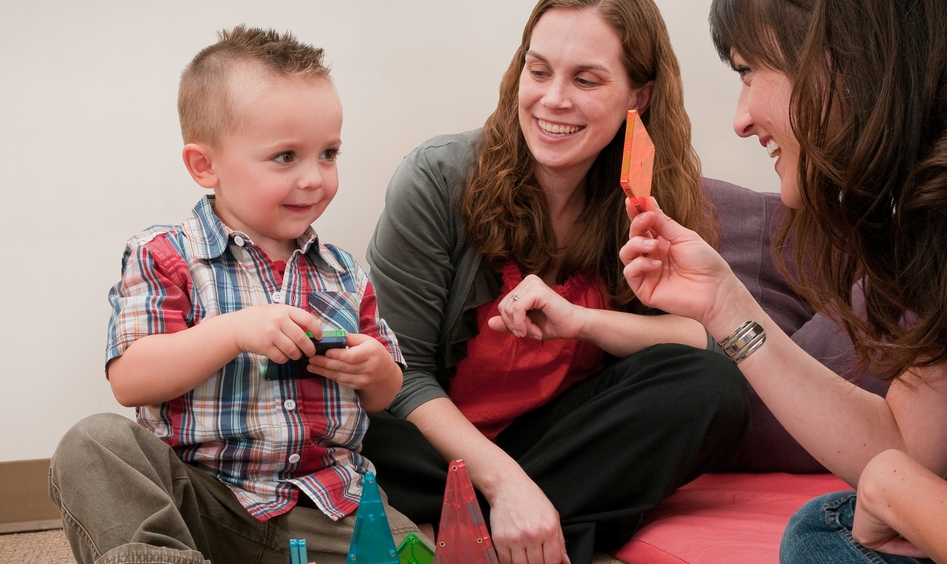Small-Scale Projects Intended to Benefit Society
Two biomedical devices from the University of Rochester—one to benefit children with autism and another for individuals who have lost the use of one or more limbs—will soon come to market, thanks to an innovative, new funding mechanism.
Last year, the University provided some of the initial money to create Innovocracy, a crowdfunding platform with a twist. While other crowdfunders focus on the fields of arts, science research, and start-up companies, Innovocracy is different: It deals exclusively with academic researchers who develop products that can benefit society. Additionally,Innovocracy targets small-scale projects—typically $15,000 or less—that often do not get the attention of major funders.
“The University was our very first launch partner,” said Mikael Totterman, chairman of Innovocracy. “The initiative would not have been possible without its participation.”
Daniel Mruzek, Ph.D., an associate professor of pediatrics at the University of Rochester Medical Center, and Stephen McAleavey, Ph.D., associate professor of biomedical engineering at the University, developed the first project to come out of Innovocracy.
Mruzek and McAleavey invented a toilet-training device for children with autism, which consists of a disposable sensor and wireless alarm, and has the potential to benefit children and families, as well as school professionals who work with special-needs children. The pager alerts the child and his or her caretakers at the onset of an accident, initiating a simple, reward-based procedure to teach toileting skills.
“Innovocracy changes the way scientists and businesses bring ideas to reality, not only in terms of time from concept to production, but also in terms of creating a market for the product as it is being funded,” said Mruzek. “The level of community excitement and involvement is like none I’ve encountered in traditional funding methods.”
University of Rochester Vice Provost of Technology Transfer Policy Gail Norris added, “Innovocracy’s first successful project proves that direct funding from sponsors can be an important source of research funding for a University. The University of Rochester is proud to be part of this exciting new effort.”
|
|
The latest Innovocracy project, developed by a team of biomedical engineering students at the University of Rochester, will benefit individuals with only one fully-functioning arm. Jackson Block, Sara Hutchinson, Dominic Marino, David Narrow, and Martin Szeto designed a one-handed control device that allows users to operate a recumbent tricycle.
Totterman explained that early-stage capital is harder to find, as venture capital firms move toward later stage investing. Innovocracy was founded in order to fill that gap by relying on crowdfunding, by which digital media users make contributions in any amount.
Like other crowdfunding operations, contributors are only charged for their pledges if the overall funding goal for the project is reached by a specified target date. More than 90% of the funding goes directly to the innovator. The funding does not result in any ownership by the contributor of the technology or its eventual commercial product, and no product samples are given in exchange for the contributions.
“Our goal was to help university-based inventors quickly bring their products to the marketplace,” said Totterman. “The success we’ve had with our first projects proves there’s a demand for this type of funding model.”
Joining the University of Rochester as launch partners were Cornell University, the Rochester Institute of Technology, and Clarkson University.




